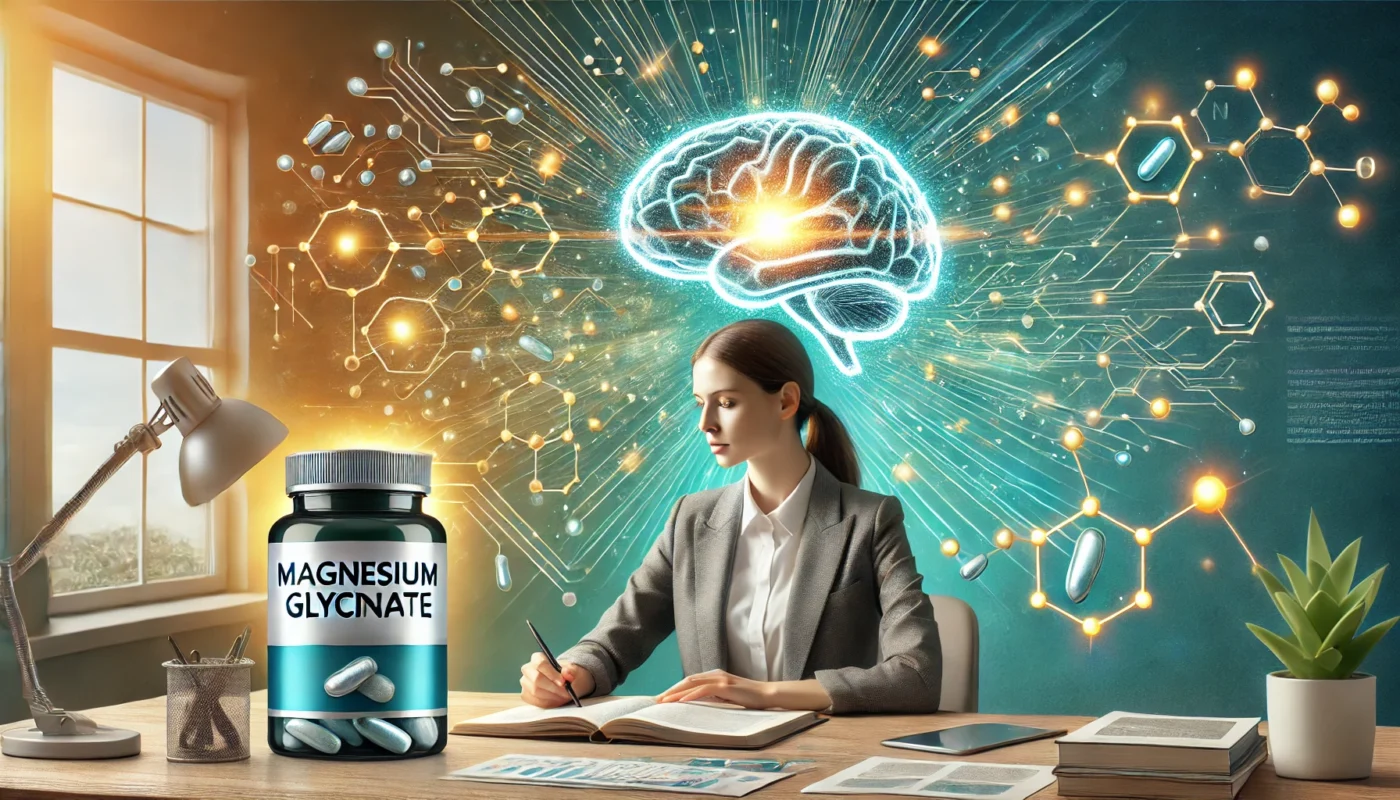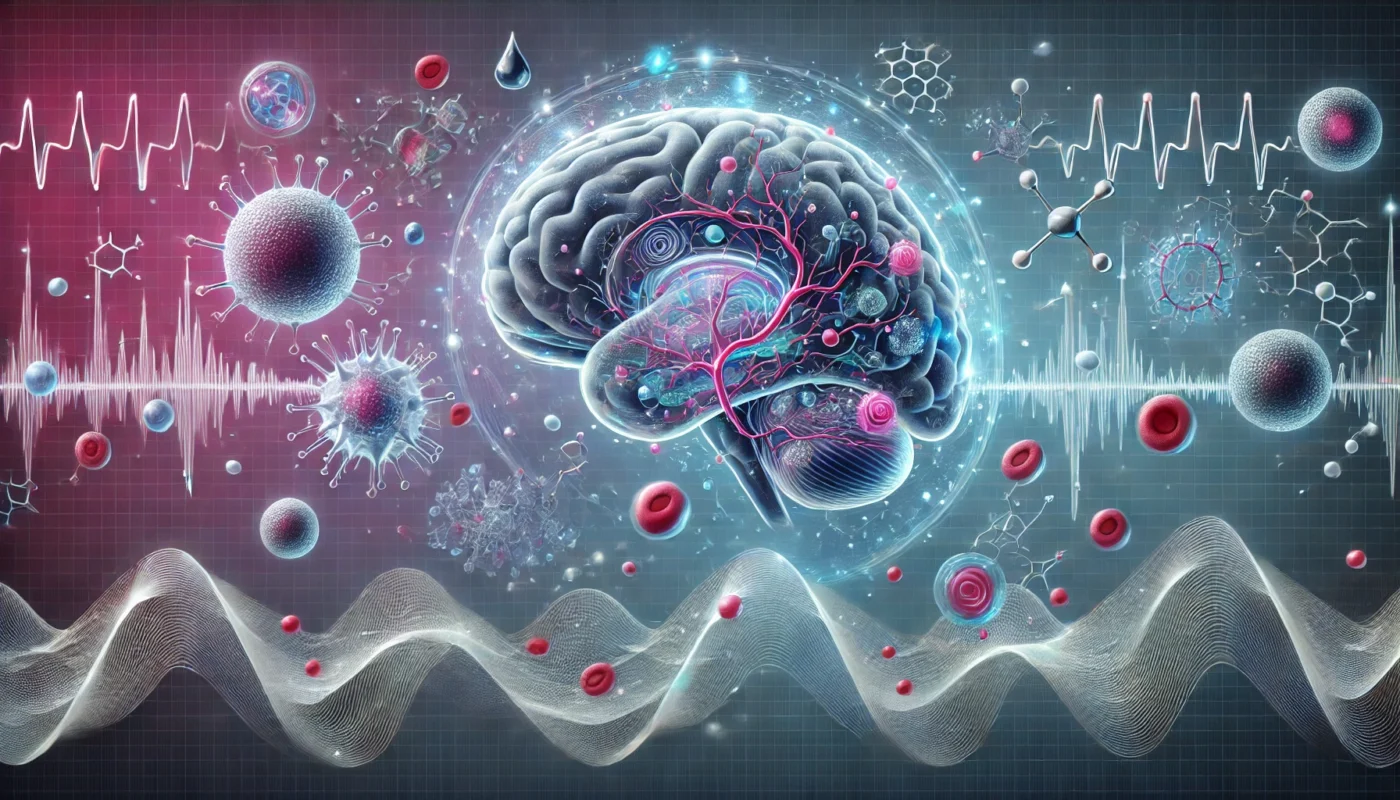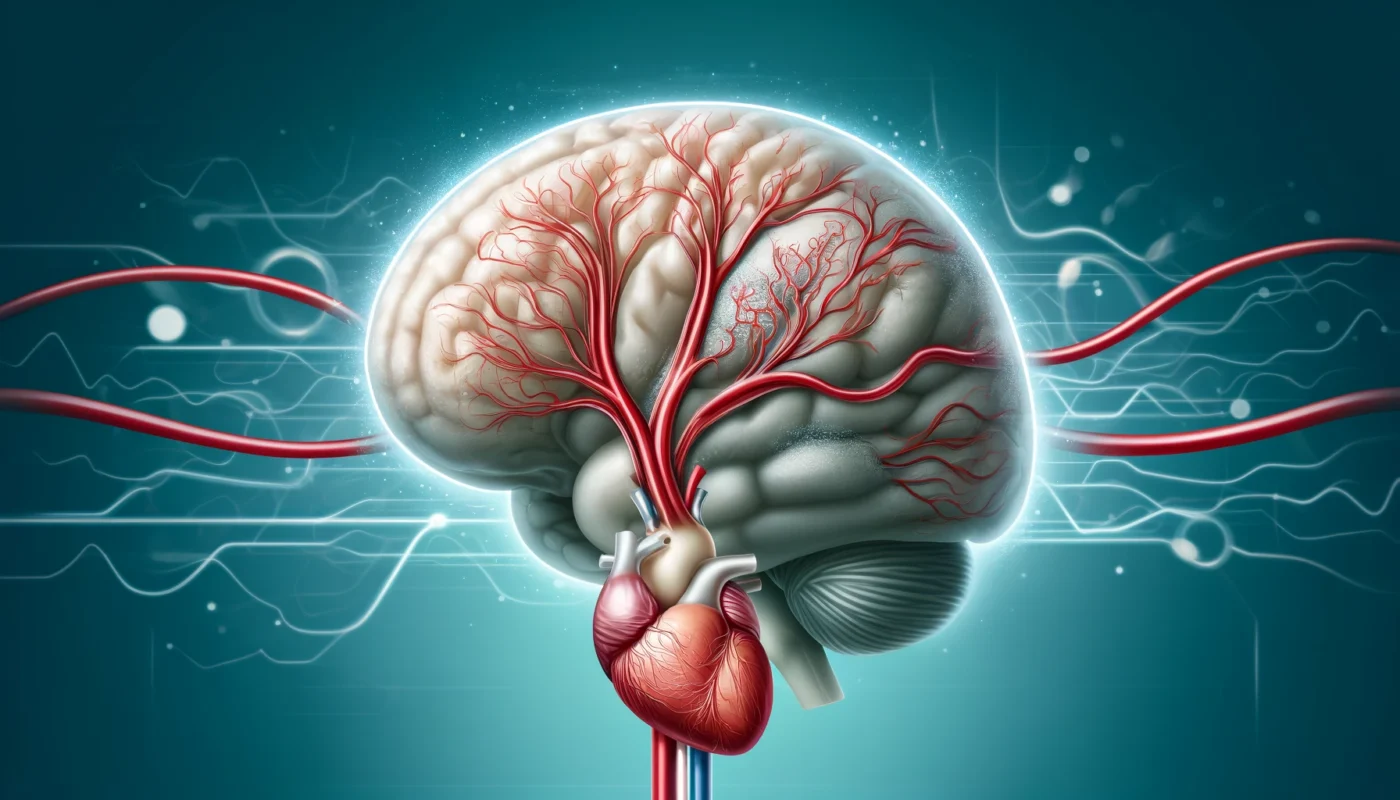In today’s fast-paced world, maintaining focus and productivity is more challenging than ever. The demands of high-pressure environments often lead to mental fatigue, stress, and decreased cognitive performance. While strategies like time management, mindfulness, and caffeine consumption are popular approaches, nutrition plays a critical role in optimizing mental clarity. Among key nutrients, magnesium glycinate has […]
Tag Archives: Brain Health
Cognitive performance—encompassing mental sharpness, memory, and concentration—is fundamental to success in academic, professional, and personal pursuits. While lifestyle factors like exercise, sleep, and diet undeniably play critical roles in brain health, emerging research highlights the significance of micronutrients like magnesium in optimizing cognitive function. Among the various forms of magnesium supplements, magnesium glycinate stands out […]
The blood-brain barrier (BBB) serves as the brain’s gatekeeper, protecting it from harmful toxins, pathogens, and inflammatory molecules while allowing the passage of essential nutrients. However, when the BBB becomes compromised, it can lead to neuroinflammation, oxidative stress, and an increased risk of neurological disorders such as Alzheimer’s disease, multiple sclerosis, and depression. Emerging research […]
Hypertension, or high blood pressure, is one of the most prevalent chronic health conditions, affecting nearly half of adults globally, according to the World Health Organization (WHO). Often called the “silent killer” due to its lack of symptoms, hypertension is a major risk factor for cardiovascular diseases, stroke, and kidney failure. However, its effects on brain health, specifically cognitive decline, are less well-known but equally concerning. Research increasingly points to the significant role hypertension plays in accelerating cognitive impairments, contributing to conditions such as vascular dementia and Alzheimer’s disease. This article explores the connection between hypertension and cognitive decline, the mechanisms driving this relationship, and innovative treatments that may mitigate the long-term effects of high blood pressure on the brain.
Hypertension, or high blood pressure, affects nearly half of adults worldwide, as reported by the World Health Organization (WHO). While its effects on cardiovascular health are well-known, the impact of hypertension on cognitive function often goes unrecognized. Mounting evidence indicates that prolonged high blood pressure can lead to significant cognitive decline, affecting memory, decision-making, and overall brain health. This article serves as a guide to understanding the relationship between hypertension and cognitive function, identifying warning signs, and adopting strategies to address and mitigate cognitive decline.
- 1
- 2





